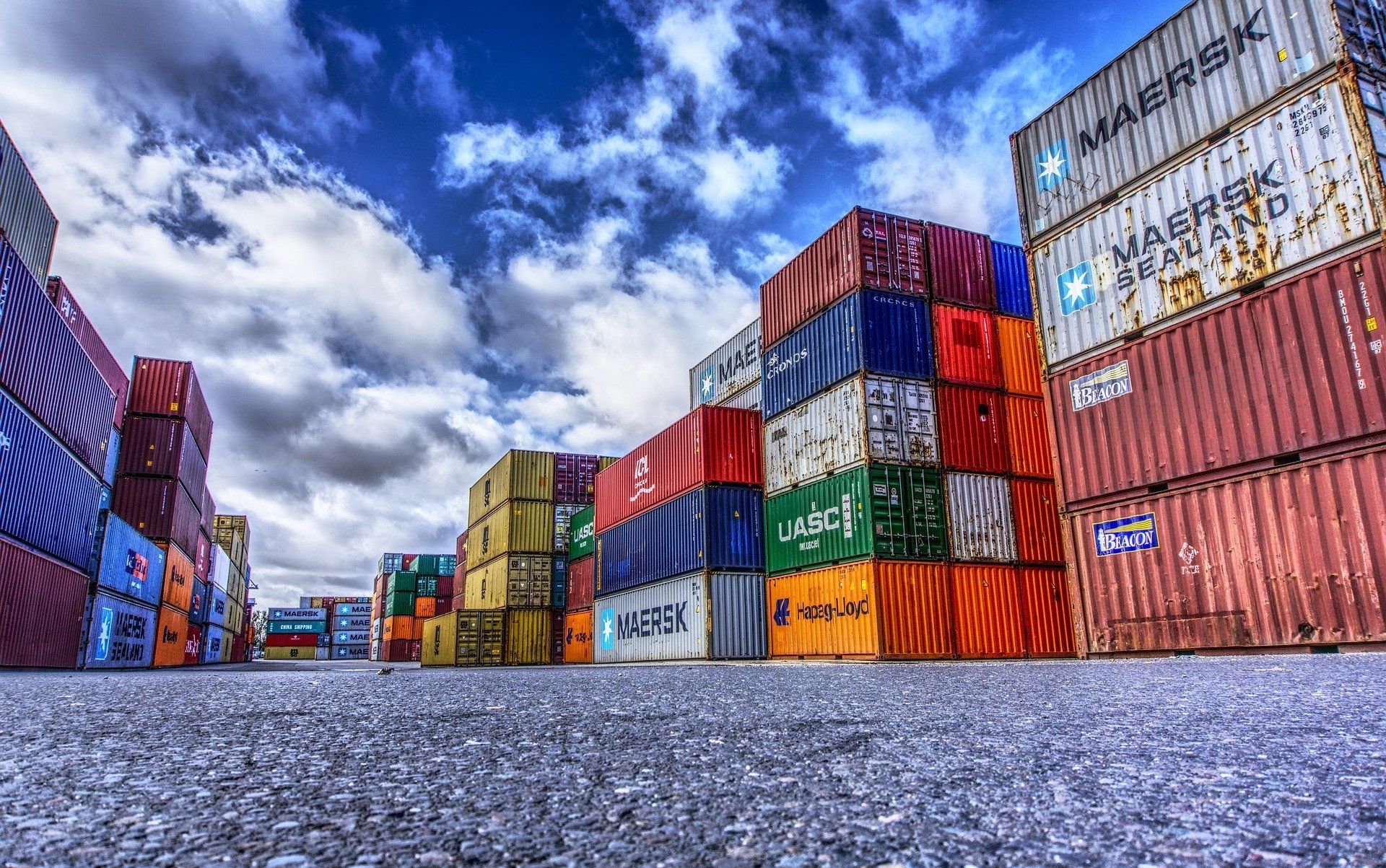1MG FlippingBooks
Australian agriculture exports to hold as supply hit: ABARES
Elizabeth Gracie

Disruptions to supply are set to hit 1.7 times harder than demand due to Covid-19, according to a new report released by The Australian Bureau of Agricultural And Resource Economics and Science (ABARES).
The “Impacts of COVID-19 on Australian Agriculture, Forestry and Fisheries Trade’ report comes in response to the uncertainty that has been created by thepandemic around agricultural trade. As global markets slow down Australian food producers face the issue of maintaining access to international markets and sourcing necessary imported inputs.
A weaker Australian dollar is also making Australian products more enticing in the global market, though disruptions to supply chains and logistics is set to create significant risk, according to ABARES.
ABARES Acting Executive Director, Peter Gooday, said that the report highlighted how the continual spread of COVID 19 would impose a significant economic impact on agricultural trade across the nation with the International Monetary Fund (IMF) currently forecasting a 3% contraction in global economic activity in 2020, worse than the 2007 - 2009 Global Financial Crisis.
However, the report does note that as food is “always an essential commodity, even during a crisis”, the key impact on global agricultural markets is likely to be lower prices rather than an extreme drop in consumption.
And whilst China has already lost an estimated $200m in seafood export earnings in 2019 - 2020, Australia’s falling exchange rate has brought with it an important economic benefit as Australian products have become more competitive in world markets.
This is currently playing out in Western Australia as the WA State Government has chosen to extend its current rock lobster season from 12 months to 18 months and increasing the quota to 9,000 tonnes, “allowing the quota to be shifted between seasons”, allowing fisheries to play catch up for exports in the 2020 - 2021 financial years.
In assessing the future of the industry, the ABARES report finds that “in the immediate future, supply chain and logistics disruptions will create the most significant risk to the sector and hence to producer incomes”.
There will also be expected second and third waves of impacts on the agricultural, forestry and fisheries sectors likely as the virus continues to spread and evolve.
As a result of this, “The Federal Government has taken a number of steps to keep agriculture producing and our food and fibre reaching export markets, significantly reducing these risks” according to Mr Gooday.
Some of these steps are already being implemented through recent changes to visa arrangements for seasonal workers to improve labour availability and help mitigate any supply distributions.
And whilst the uncertainty that has come with the terrain of a global pandemic and the spread of COVID 19 has had a significant economic impact on agricultural trade, the ABARES report notes that “the underlying medium term prospects for the sector remain strong”.
NEWS

Prodoz, a Proudly Australian and family-owned agribusiness, based in Melbourne, is strengthening its positions as national/international leader in advanced crop – science solutions through a growing portfolio of global innovation partners and a distribution footprint supported by all major distributors - includes Nutrien Ag, Elders, Lindsay Rural and Independent Rural stores.

Trace minerals are required for optimal growth, reproduction, and immunity. Optimising trace mineral status relying solely on oral supplements across a herd may fail because of variation in individual intake and reduced absorption due to antagonism of other ration components and minerals. The use of injectable trace mineral supplements has been associated with positive reproductive outcomes including improved conception rate, increased odds of pregnancy and greater final in calf rate. A study conducted on 2,168 dairy cows, administered injectable trace minerals, four weeks prior to calving and again four weeks prior to the start of mating showed treated animals had a 3.3 per cent greater final in-calf rate, and a reduced time from start of mating to conception, compared to control animals 1 . The Importance of B12 Dr Carl Eden, Technical Services Veterinarian with Boehringer Ingelheim says “Vitamin B12 is sometimes referred to as a ‘super vitamin’ because it is only required in very small amounts but vital to many essential metabolic pathways. However, demand for B12 can vary considerably during the year and we see serum levels of B12 fall at critical times, such as the first few months after calving.” Vitamin B12 contains cobalt, so deficiency in cobalt can lead to deficiency in vitamin B12 because ruminants get most of their B12 as a byproduct of ruminal fermentation where the bacteria in their rumen assemble B12 from cobalt for use by the cow. Sub-optimal trace mineral and vitamin B12 status at calving, mating, and drying off has been shown to negatively impact growth, reproduction, and immunity. Using a trace mineral injectable containing vitamin B12 can improve trace mineral and vitamin B12 status at these critical times. Marks-Min with Vitamin B12 – The Evidence In the largest trace element study to date, Marks-Min Injectable Trace Mineral with Vitamin B12 demonstrated remarkable results when compared to a reference trace mineral injection. “Given the differences between Marks-Min and other products on the market, we wanted to generate a compelling data set to demonstrate how effective it was compared to the pioneer product. We entrusted this work to a third-party research company” says Dr Eden. “We chose farms that were at the top of their game from a reproductive perspective. We made sure that the farms had no evidence of trace element or vitamin B12 deficiencies or excess.” Across all outcomes of interest, Marks-Min demonstrated clear non-inferiority when compared to the reference product. Outcomes measured included submission, pregnancy and conception rates, and six week in-calf rate. Marks-Min demonstrated it is highly suited as an alternative treatment to the reference product. Reference: 1. Hawkins, D., and B. V. S. Franklin. New Zealand Dairy Veterinarians Newsletter 24 (2007): 12-16 Company website: livestockfirst.com.au Company email address: CustomerCare.Australia@boehringer-ingelheim.com Company video: https://vimeo.com/1138807630?fl=pl&fe=cm












